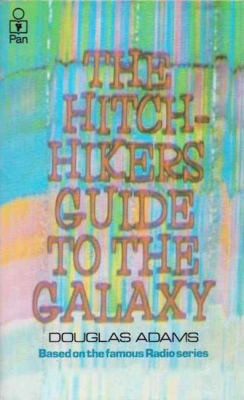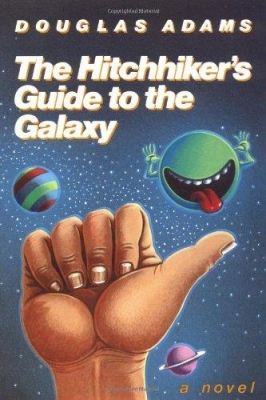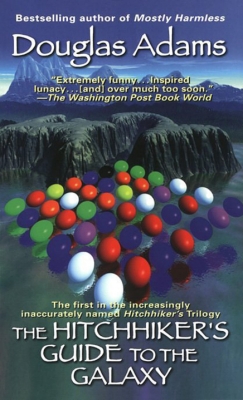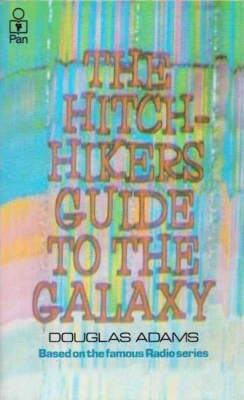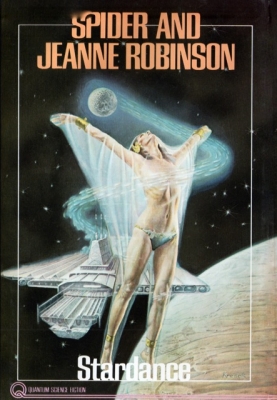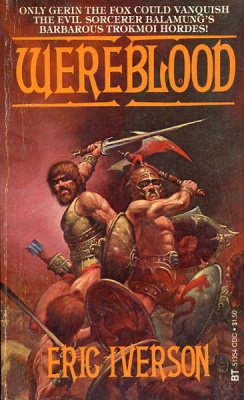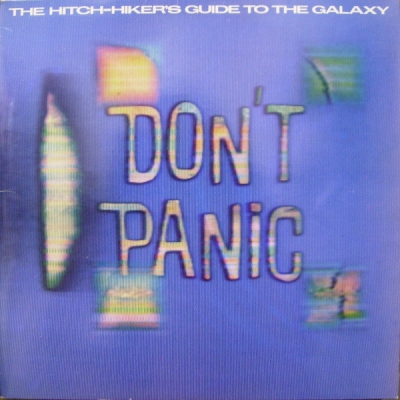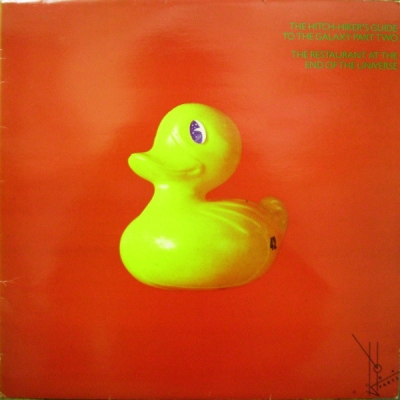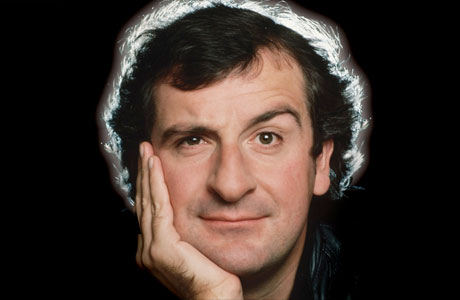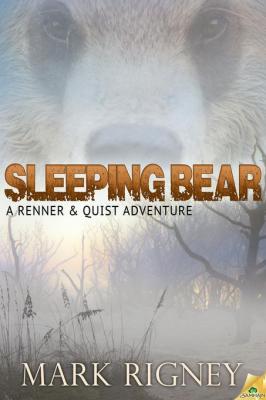Bob’s Books – Shelfie #12 (Douglas Adams)
It’s the first shelfie of 2025. There’s a list of the eleven prior installments below.
I have three bookcases of fantasy – of which only a couple are science fiction. I just never got into that genre. I am, however, a HUGE Douglas Adams fan.
And I know that three isn’t a lot – I’ve got well over a thousand mystery books – I’m the in-house mystery guy, remember? I’ve got a nice selection of fantasy series’, though.
I’ve got Adams’ five Hitchhiker’s Guide to the Galaxy novels, as well as the lone Hitchhiker’s short story; and Eion Coifer’s good-enough continuation novel, And Another Thing…
I’ve re-read the Hitchhiker’s series several times. It’s always fun. Coifer’s book was okay, but seemed too long and kinda dragged along. I found listening to the audiobook easier than reading it.
I thought the collection of original radio scripts was a VERY cool read. Definitely a worthwhile book for fans of the novels.
Starship Titanic is briefly mentioned in Life, the Universe, and Everything. It was the subject of a video game (which I played, of course), and there was a lightweight book based on the game, written by Monty Python’s Terry Jones. It’s fine. I think Jones himself reads the audiobook, which I’ve listened to.

